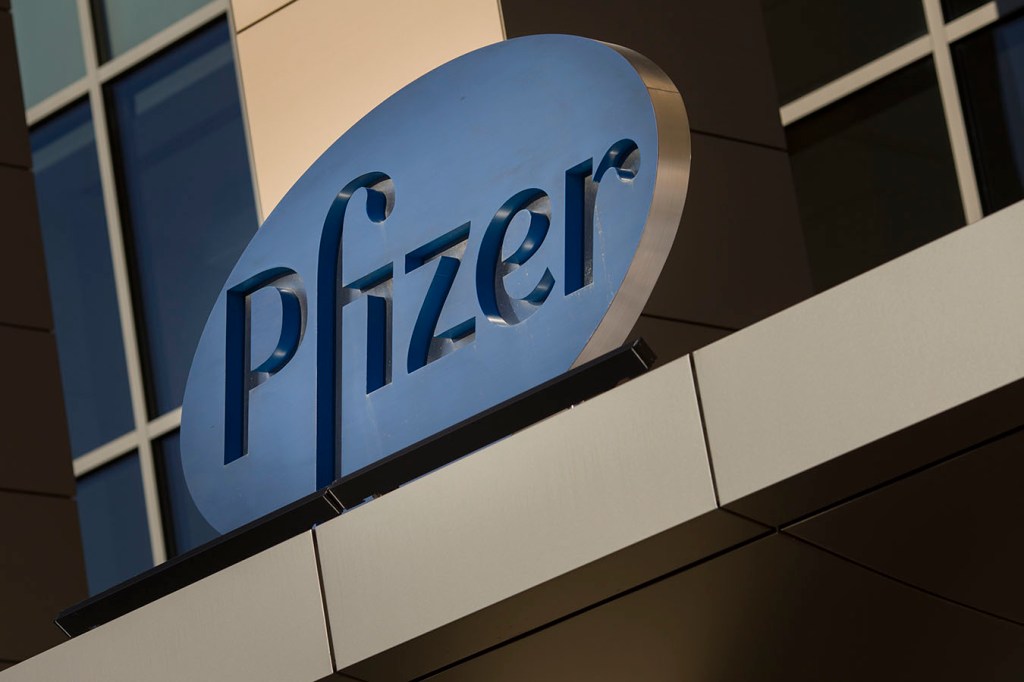Early last winter, Pfizer launched its new rheumatoid arthritis treatment, Inflectra, pricing it 15 percent below the $4,000-a-dose wholesale price of Remicade, the drug for which it is a close copy.
Pfizer figured its lower price would attract cost-conscious insurers.
A year later, though, its drug has barely scratched the market and Pfizer has filed an antitrust suit against its rivals, alleging they are thwarting lower-priced competition through “exclusionary contracts” and rebates.
The outcome of the case — filed in September in U.S. District Court against Johnson & Johnson, the maker of Remicade, and Janssen Biotech — could affect the future of biosimilars, a new class of drugs. Some policy experts say these near-copies of biologics are key to slowing spending on complex and expensive specialty medications like those used to treat rheumatoid arthritis.
At the heart of the case are rebates, which are discounts off the wholesale price of drugs.
Manufacturers offer them to help keep their products on insurers’ lists of covered drugs. The money mainly goes back to insurers and pharmacy benefit managers, who say the rebates help reduce health care spending.
But Pfizer alleges that those rebates are being used to thwart biosimilars’ entry into the marketplace.
“This is the first antitrust case we’ve seen like this around biosimilars,” said Michael Carrier, a Rutgers Law School professor “Pfizer is claiming that one form of anti-competitive behavior involves withholding rebates from insurers.”
Biosimilars are costly to produce, so they are not likely to trigger the same sharp pricing drop triggered by generics. Still, their manufacturers say they could bring consumers some relief to rival biologics’ high price tags.
Pfizer’s Inflectra is one of the first biosimilars to hit the market since Congress passed legislation in 2010 to pave the way.
According to Pfizer, weeks after Inflectra gained Food and Drug Admininstration approval, J&J moved to stake out its biologic turf.
J&J began requiring insurers and PBMs to sign “exclusionary contracts … designed to block both insurers from reimbursing and hospitals and clinics from purchasing Inflectra or other biosimilars of Remicade despite their lower pricing,” alleges the case filed in federal district court in Philadelphia.
If insurers don’t agree to the J&J contracts, the loss of rebates could “for some insurers, run into the tens of millions of dollars annually,” the Pfizer case alleges.
Even with its lower price, Pfizer faced an uphill battle to win market share.
Remicade is the fifth-biggest-selling drug by revenue in the U.S., reaping more than $4.8 billion in 2016 for makers J&J and Janssen, the suit said. Often, patients are reluctant to switch once they are established on an RA drug that is working for them.
Still, Pfizer thought it would pick up newly diagnosed patients and gain ground that way. But its lawsuit says the drug accounted for only about 4 percent of total sales, with Remicade getting the rest, by early September.
“We stand by our contracts,” said J&J and Janssen Biotech in a written statement. The firms also defend rebates as “competition that is doing what competition is meant to do: driving deeper discounts that will lead to overall lower costs.”
Yet the price of Remicade has not fallen, the Pfizer case says.
Since approval of Inflectra, J&J has raised the list price of Remicade by close to 9 percent, the lawsuit alleges. As of September, Remicade’s average sales price –after discounts and rebates — is more than 10 percent higher than Inflectra.
“This case is a big deal, because it has the potential to bring to light some of the anti-competitive contracting practices at work to keep … prices extremely high,” said Jaime King, a professor at University of California-Hastings College of the Law.
KFF Health News' coverage of prescription drug development, costs and pricing is supported in part by the Laura and John Arnold Foundation.







